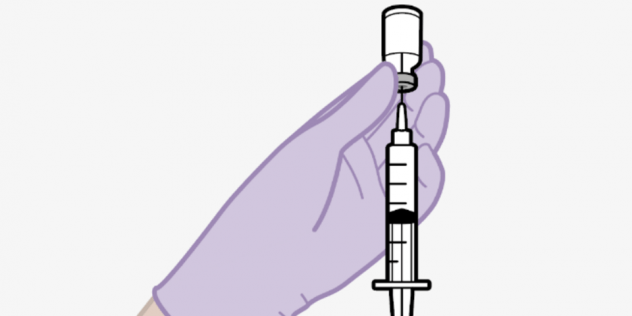UNAIDS: US aid funding hits global HIV prevention efforts

Affecting 20 million individuals
A temporary halt in foreign assistance funding from the United States has caused significant confusion in global HIV prevention efforts, putting vulnerable populations at risk, according to a statement from UNAIDS.
The United Nations agency, which combats AIDS worldwide, addressed the disruption at a press briefing in Geneva on Friday, highlighting the complications that have arisen from the pause in US aid.
Despite a waiver that allows for the continuation of essential HIV/AIDS programmes, UNAIDS expressed concerns over the impact of the funding freeze on HIV prevention, particularly at the community level.
The waiver permits “life-saving humanitarian assistance,” including HIV treatment. This ensures that the 20 million people living with HIV who rely on US aid for their treatment can continue to receive their medication, meaning that a significant portion of those living with HIV around the globe will not face immediate disruptions to their care.
Christine Stegling, Deputy Executive Director of UNAIDS, noted that these 20 million individuals make up two-thirds of the global HIV-positive population.
The US President’s Emergency Plan for AIDS Relief (PEPFAR) has long been a cornerstone of global HIV prevention and treatment efforts. Established in 2003, PEPFAR is responsible for financing 70 per cent of the international AIDS response and supports over 20 million people with HIV. To date, PEPFAR’s efforts have contributed to saving more than 26 million lives across 55 countries by investing in HIV prevention, care, treatment, and support services.
However, despite the waiver, Stegling emphasised that confusion persists at the grassroots level about how the policy will be implemented, particularly regarding community health services. Disruptions in treatment services, transport systems, and the availability of community health workers have been reported, with UNAIDS stressing the risks of further challenges as the funding freeze continues.
One of the most immediate concerns is the potential closure of many drop-in centres, which provide vital services such as HIV testing, antiretroviral treatment, and support for gender-based violence. Additionally, the termination of outreach workers’ contracts could significantly hinder efforts to reach high-risk populations, including women, young girls, and people most at risk of sexually transmitted infections.
In Ethiopia, for example, 5,000 public health worker contracts reliant on US funding have already been terminated, along with 10,000 necessary data clerks. This disruption leaves thousands without access to critical services, exacerbating the vulnerability of at-risk groups.
UNAIDS also expressed deep concern about the long-term impact of HIV prevention efforts. While national governments often focus on ensuring individuals already on treatment remain supported, the community-based services that PEPFAR funds are essential for preventing new infections. Without these services, UNAIDS warned that the global fight against HIV could face severe setbacks.
If PEPFAR is not re-authorised between 2025 and 2029, or if alternative resources are not secured, UNAIDS estimates that the global death toll from AIDS could increase by 400 per cent, equating to 6.3 million additional AIDS-related deaths.
Despite these challenges, UNAIDS remains committed to ensuring that people affected by HIV continue to access life-saving services throughout the 90-day pause in US funding. The agency is working to mitigate the impact of the funding cuts, urging both the US government and international partners to recognise the critical role of HIV prevention in saving lives.
As the situation unfolds, UNAIDS continues to monitor the impact of the funding freeze and advocate for swift action to protect those who rely on global HIV support systems.
Image: Christine Stegling, Deputy Executive Director of UNAIDS, noted that 20 million individuals make up two-thirds of the global HIV-positive population. Credit: UNAIDS
Last Updated on 22 hours by News Desk 2













